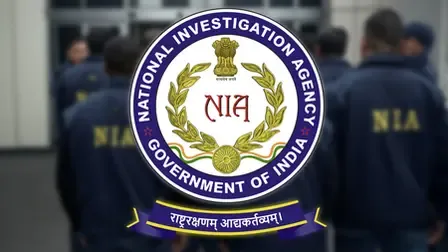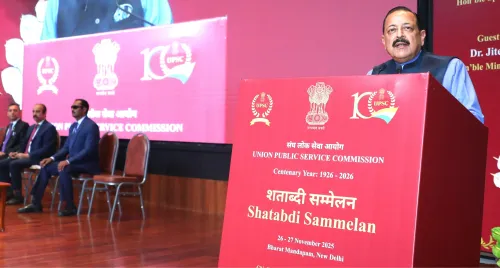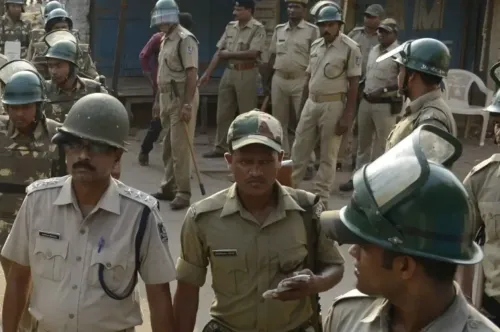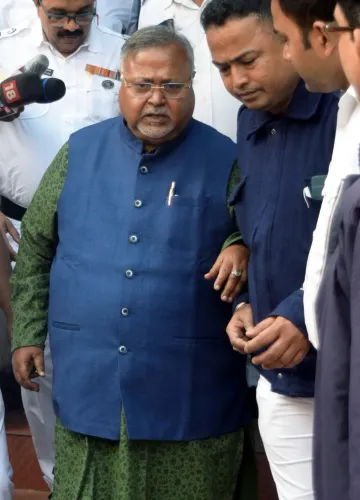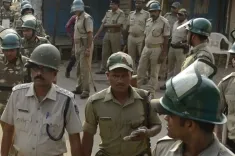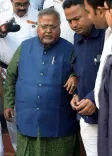Will CM Stalin Launch 50 Water Vending Machines in Chennai Today?
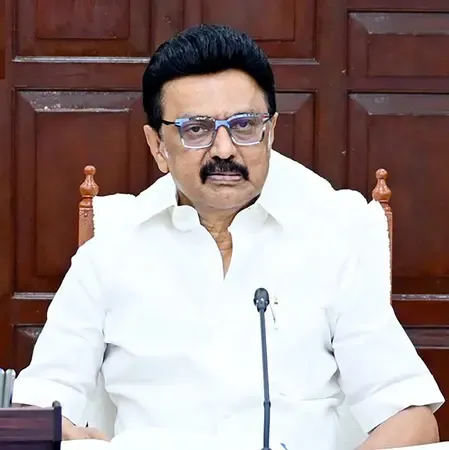
Synopsis
Key Takeaways
- The initiative aims to provide free access to clean drinking water.
- Machines will be located in high-traffic public areas.
- Each machine features a purification system.
- Monitoring is planned to ensure sustainability.
- This project reinforces the government’s commitment to public health.
Chennai, June 18 (NationPress) In a significant public welfare effort aimed at guaranteeing access to clean drinking water for everyone, Tamil Nadu Chief Minister M.K. Stalin is set to unveil 50 water vending machines throughout Chennai on Wednesday.
The official inauguration is scheduled to take place near the Marina swimming pool. This initiative, spearheaded by the Chennai Metro Water Supply and Sewerage Board (CMWSSB), aims to offer round-the-clock free drinking water, particularly benefiting individuals from economically disadvantaged backgrounds.
These modern water vending machines, often referred to as water ATMs, have been strategically placed in various public locales across the city.
Metro Water officials indicate that the machines will be situated at two to six key locations within each Corporation zone. These sites include public areas such as beaches, parks, temples, bus depots, terminals, and marketplaces—chosen by the Greater Chennai Corporation due to their high traffic and utility.
Each vending machine is connected to a Metro Water pipeline and a storage tank to guarantee a continuous water supply. The machines also feature a purification system and are monitored 24/7 via CCTV surveillance.
Users have the option to select between two amounts of drinking water—150 ml or 1 litre—based on their needs.
“This initiative by the state government is commendable, especially for those who cannot afford bottled water,” remarked M. Sajesh, a resident of Triplicane. “However, ongoing monitoring and prompt maintenance will be vital for the success and sustainability of this project.”
He also recalled a similar effort initiated in 2016—‘Amma Kudineer’—under former Chief Minister J. Jayalalithaa, which was ultimately halted due to inadequate follow-up and maintenance.
CMWSSB officials have assured that this new program will undergo active monitoring, with regular inspections and service checks planned to avert neglect or malfunction.
Through the introduction of these water vending machines, the government aspires to provide safe, accessible, and free drinking water to the residents of the city—a move that reinforces its dedication to inclusive urban development and public health.

